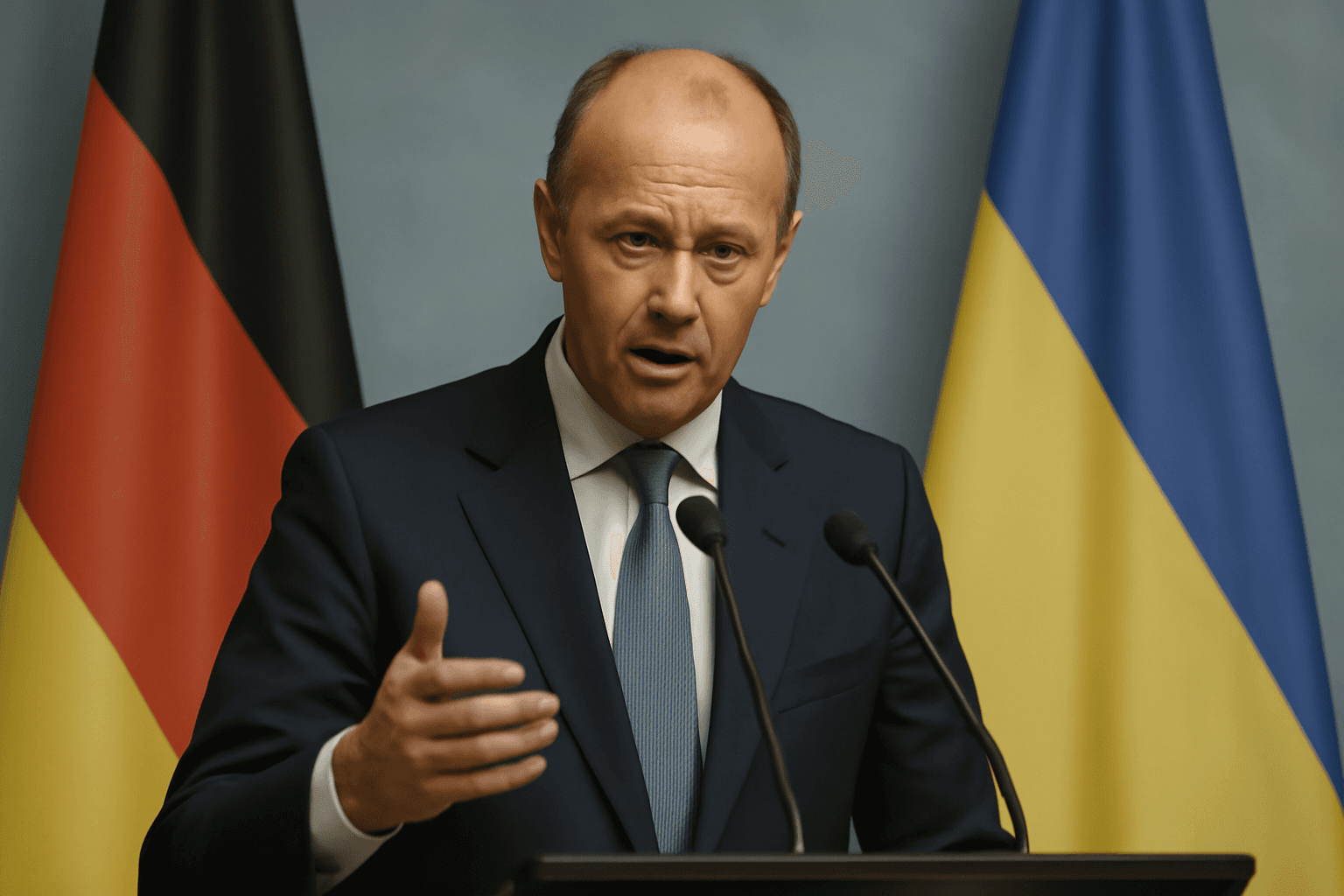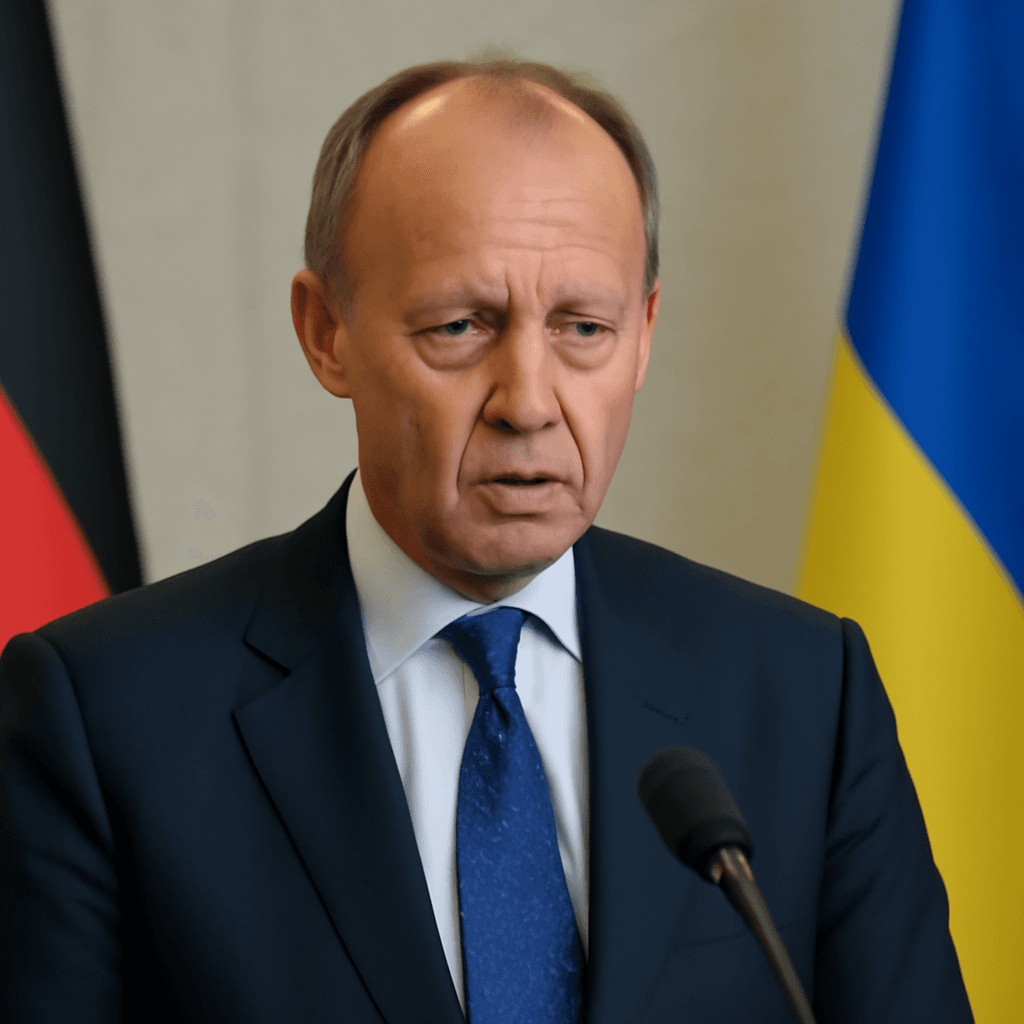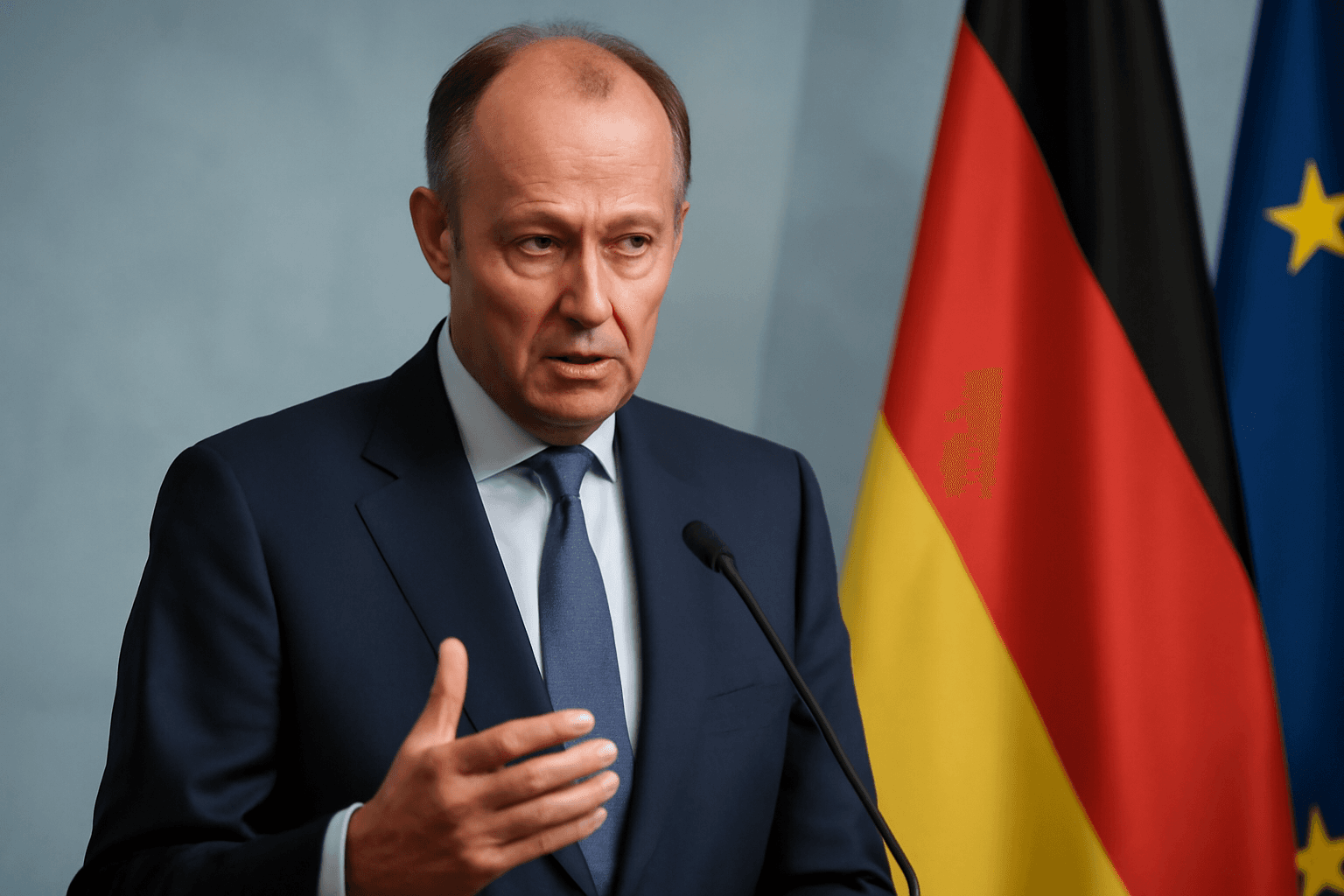Germany's government, under the leadership of Chancellor Friedrich Merz, has approved stringent measures to restrict family reunification for migrants and to delay access to citizenship. This policy shift marks a significant change in the country's migration approach.
The cabinet agreed to suspend, for two years, the right of migrants with subsidiary protection status to bring their spouses and children to Germany. Approximately 380,000 people, predominantly Syrians, hold this subsidiary protection status, which previously allowed about 12,000 family members to reunite with relatives in Germany annually.
The draft law states that this temporary suspension is intended to ease pressure on Germany’s reception and integration infrastructure, providing necessary relief for municipalities coping with the influx.
Additionally, the government has abolished the ‘fast-track’ naturalization pathway that allowed migrants to apply for citizenship after three years of residency. This period is now extended to a minimum of five years, reversing a regulation enacted just six months prior by the previous coalition government led by Social Democrat Olaf Scholz.
Last year, Germany recorded nearly 200,000 naturalizations—the highest number in 25 years—where applicants generally must demonstrate financial independence, stable employment, and proficient language skills.
The legislative proposals are set to be expedited through parliament by the current coalition of conservatives and Social Democrats, bypassing referral to the Bundesrat, Germany’s upper house of parliament.



















